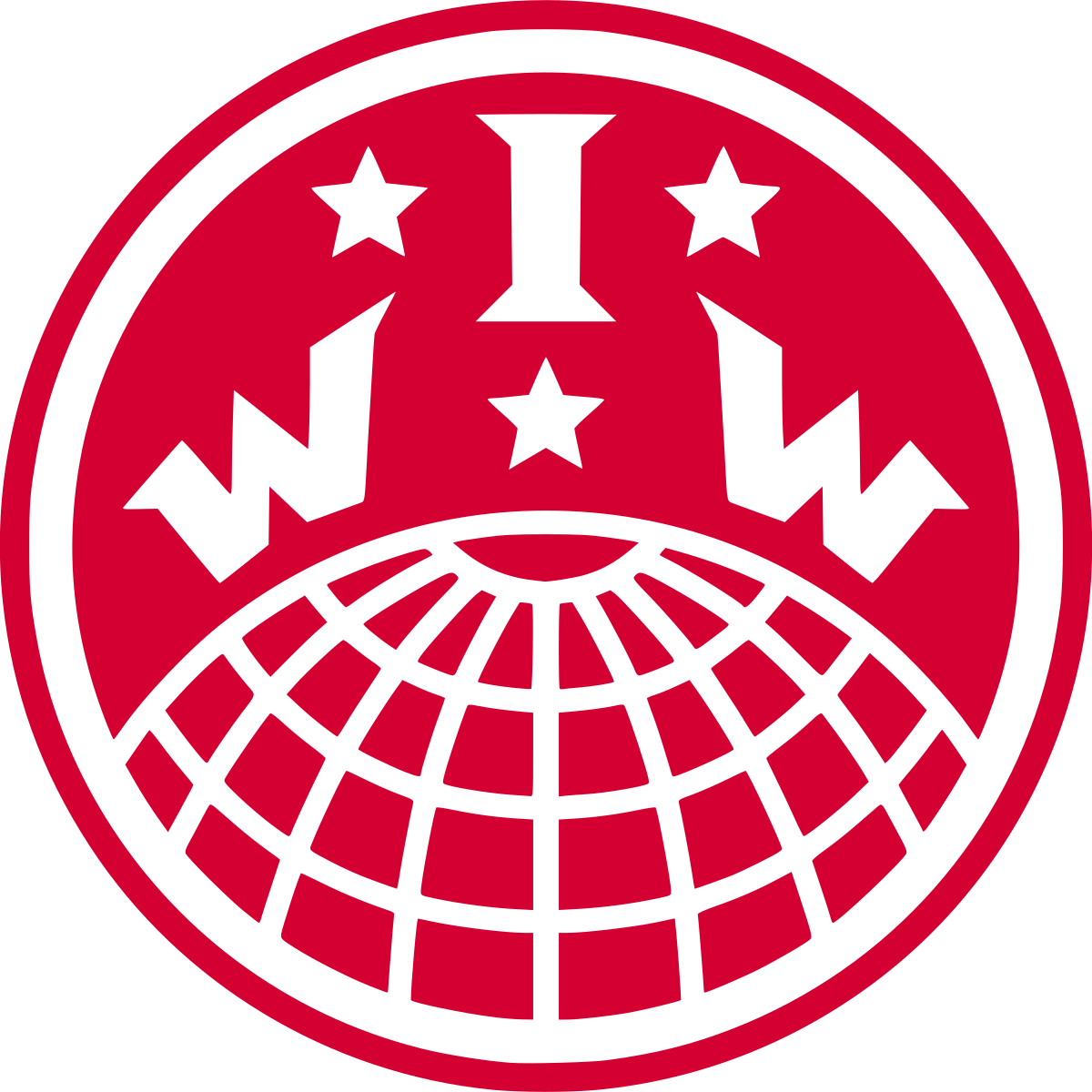American workers had begun organizing into unions following the Civil War, and by the 1880s many thousands were organized into unions, most notably the Knights of Labor.
In the spring of 1886 workers struck at the McCormick Harvesting Machine Company in Chicago, the factory that made farm equipment including the famous McCormick Reaper made by Cyrus McCormick. The workers on strike demanded an eight-hour workday, at a time when 60-hour workweeks were common. The company locked out the workers and hired strikebreakers, a common practice at the time.
On May 1, 1886, a large May Day parade was held in Chicago, and two days later, a protest outside the McCormick plant resulted in a person being killed.
A mass meeting was called to take place on May 4, to protest what was seen as brutality by the police. The location for the meeting was to be Haymarket Square in Chicago, an open area used for public markets.
At the May 4th meeting a number of radical and anarchist speakers addressed a crowd of approximately 1,500 people. The meeting was peaceful, but the mood became confrontational when the police tried to disperse the crowd.
As scuffles broke out, a powerful bomb was thrown. The bomb landed and exploded, unleashing shrapnel. The police drew their weapons and fired into the panicked crowd.
Seven policemen were killed, and it’s likely that most of them died from police bullets fired in the chaos, not from the bomb itself. Four civilians were also killed. More than 100 persons were injured.
The public outcry was enormous. Press coverage contributed to a mood of hysteria. Two weeks later, the cover of Frank Leslie’s Illustrated Magazine, one of the most popular publications in the US, featured an illustration of the “bomb thrown by anarchists” cutting down police and a drawing of a priest giving the last rites to a wounded officer in a nearby police station.
The rioting was blamed on the labor movement, specifically on the Knights of Labor, the largest labor union in the United States at the time. Widely discredited, fairly or not, the Knights of Labor never recovered.
Newspapers throughout the US denounced “anarchists,” and advocated hanging those responsible for the Haymarket Riot. A number of arrests were made, and charges were brought against eight men.
The trial of the anarchists in Chicago was a spectacle lasting for much of the summer, from late June to late August of 1886. Despite a glaring lack of evidence linking the anarchists to the bombing, all eight were convicted and sentenced to death by the illustrious Governor Richard Oglesby.
For the first meeting of the foundation of the second international the American Federation of Labor would choose May 1 to commemorate a general strike in the United States, which had begun on 1 May 1886 and culminated in the Haymarket affair four days later.
Megathreads and spaces to hang out:
- 📀 Come listen to music and Watch movies with your fellow Hexbears nerd, in Cy.tube
- 🔥 Read and talk about a current topics in the News Megathread
- ⚔ Come talk in the New Weekly PoC thread
- ✨ Talk with fellow Trans comrades in the New Weekly Trans thread
reminders:
- 💚 You nerds can join specific comms to see posts about all sorts of topics
- 💙 Hexbear’s algorithm prioritizes comments over upbears
- 💜 Sorting by new you nerd
- 🌈 If you ever want to make your own megathread, you can reserve a spot here nerd
- 🐶 Join the unofficial Hexbear-adjacent Mastodon instance toots.matapacos.dog
Links To Resources (Aid and Theory):
Aid:
Theory:


Recruitment is clearly broken as hell, and it’s really funny that management and HR tries to pretend every rejection they’ve made is rational and correct lol.
I haven’t had to write a resume since AI text generation really kicked off in the last two-ish years, I overheard a manager saying something like “I don’t know about that person, that resume is probably written by AI”. Which is hard to prove unless they use certain phrases, but the perception could still hurt someone’s chances. I’m sure some people use AI to sort or judge applications too.